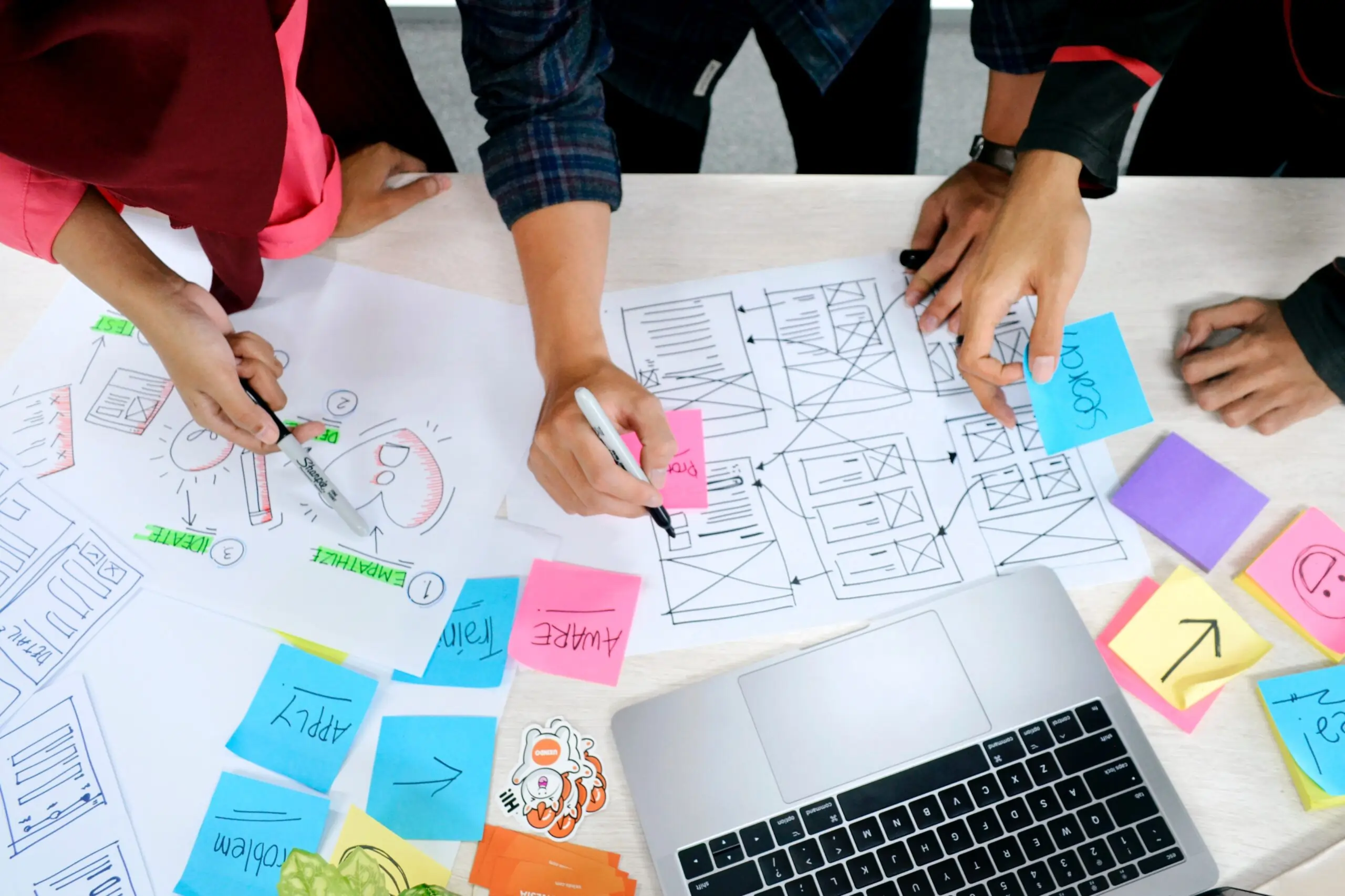One of our clients provides a unique offering in the educational area: innovative and one-of-a-kind kits for space-based research for kids’, classrooms, or afterschool programs. The experiment kits provide the opportunity to explore the exciting research on the International Space Station.
🏋🏻♀️ The challenge that we saw here is the variety of users that would be interacting with the platform that we were developing. For us it meant that we need to have a defined focus area, as it’s not effective to try to cover the needs of all demographics in the first launch cycle. The platform was aimed at complimenting research kits with valuable information, also allowed creating a community of scientists of different ages sharing the results of their researches.
The kits were supposed to used by children at school, and that brought in teachers as another related user; parents who would be actually purchasing the kits and might also be involved in studies and research progress; science and lab workers who also could need the kit in their work.
We defined project focus to be on UX for kids and students: those who will be consuming the content during their existing research. To do that, we run a Focus session, where together with the product owner (client) we went through common product success criteria to define which one could bring in the most impact.
In order to understand if we met project priority and kept focus right, we reached out to client’s direct customers in order to gather some feedback and insights. After the second development sprint, when the core of the product has been done, we set up a series of usability testing sessions and user interviews. The audience was different, including students, teachers and parents. In order to run User interviews productively, we developed a scenario and set of discovery questions.
💎 The result of the sessions was a good amount of feedback from direct users about UX, user flow, loops and gaps that needed to be addressed. And since this has been done in parallel with development, no extra costs were associated with UX improvements, as feedback was seamlessly incorporated into sprints scope.
Subscribe to our blog

